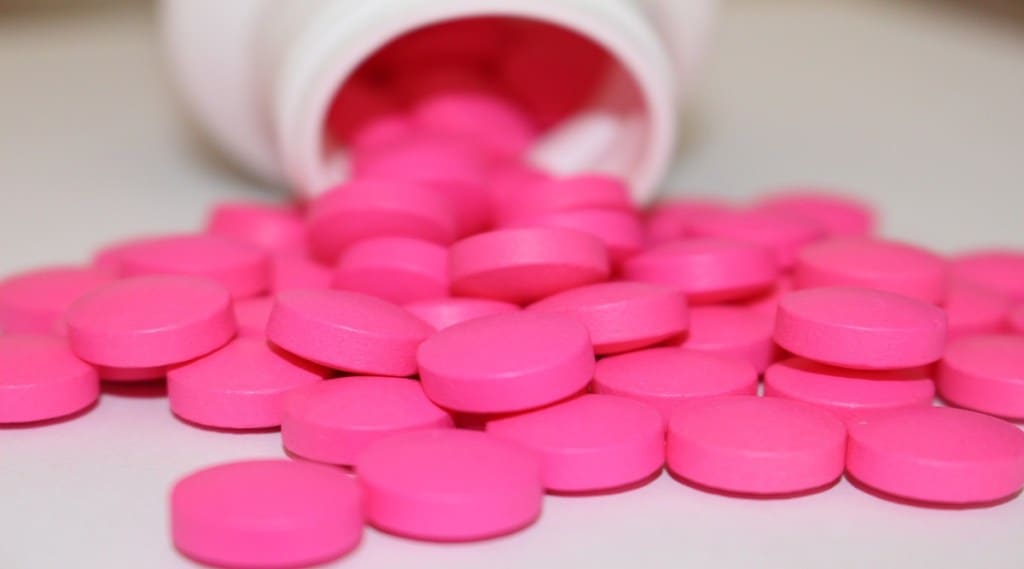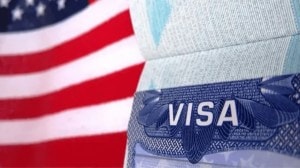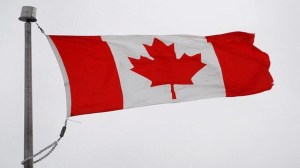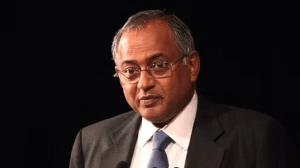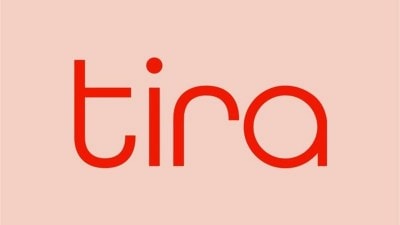By Mariska van Aswegen
Rare diseases, affecting over 300 million individuals worldwide, present a complex set of challenges, often leaving patients and their families stranded in a sea of uncertainty and isolation. Most of them remain stuck in a “diagnostic odyssey” for years, often dealing with progressively worsening and debilitating symptoms. The already chaotic journey through the healthcare system in search of answers is worsened by feelings of isolation and exclusion, compounded by stigma, discrimination and social marginalisation.
The Diagnostic Dilemma
In many cases, people affected by rare diseases present with generic or misleading clinical indicators that can delay diagnosis, resulting in a long and stressful journey to receiving appropriate care and management. The time to diagnosis is often a factor of how fast and efficiently a patient can move through the healthcare system from primary care to more specialized centers with the necessary knowledge to recognize symptoms and family history that could point to a specific rare disease.
Navigating Healthcare Systems
Navigating the intricate web of healthcare systems adds another layer of complexity. From primary care providers to specialised centres, the journey to finding the right expertise and resources can be daunting. Patients and their caregivers often find themselves juggling referrals, appointments, and medical records, all while grappling with the emotional toll of their condition.
Social Stigma and Isolation
Beyond the clinical challenges, individuals living with rare diseases often face social stigma and isolation. Misunderstandings and misconceptions can lead to feelings of exclusion and marginalization, compounding the already heavy burden of their illness. Building awareness and fostering inclusivity within communities are crucial steps towards creating a supportive environment for those affected by rare diseases.
Empowering Advocacy and Action
Amidst these challenges, there is hope. Rare Disease Day serves as a rallying cry for collective action and advocacy. By amplifying the voices of patients, caregivers, and advocates, we can drive meaningful change in policy, research, and healthcare delivery. Empowering individuals to share their stories and experiences not only raises awareness but also fosters empathy and understanding within society.
Since 2008, Rare Disease Day has been a global movement that provides a unique opportunity for people from all walks of life to come together to raise awareness of rare diseases with the aim to speed up the time to diagnosis to improve access to appropriate care for those affected by these often debilitating rare conditions. Held every year on the last day of February, an ever-growing number of people from different countries come together as a united community through multiple virtual and in-person events. Awareness of rare diseases can not only shorten the time to diagnosis but also increase access to much-needed resources and care that could positively impact the quality of life of people with rare diseases.
#ShowYourMove4NDM Campaign
This year, in support of Rare Disease Day, a social media campaign, #ShowYourMove4NDM, has been launched to raise broader public awareness of non-dystrophic myotonia (NDM). NDM is a rare genetic disease affecting about 1 in 100,000 people globally, characterised by the inability to relax one’s muscles immediately after using them. Known as myotonia, these symptoms often affect the ability to perform daily activities like using stairs, chewing, releasing a fist, getting up from a chair, or even doing movements like dancing.
As with many of the other 7,000 rare diseases, it often takes more than 10 years for people with NDM to receive a correct diagnosis. Consequently, lack of awareness and delayed diagnosis often limit access to the much-needed resources to effectively manage their disease. There is an urgent need to continuously work on understanding the journey from the first symptom(s) to diagnosis, treatment, and management to work with those affected by NDM to improve management and care.
As we gear up to celebrate Rare Disease Day, let us rise to the challenge, embrace the power of unity, and show our support by participating in the#ShowYourMove4NDM campaign. This campaign embodies the spirit of empowerment and solidarity, inviting individuals from all walks of life to join forces in support of those affected by non-dystrophic myotonia (NDM) and other rare diseases. Together, we can navigate the challenges, break down barriers, and pave the way for a brighter, more inclusive future.
(The author is Vice President – Neurology EMEA, Lupin Neurosciences. Views expressed are personal and do not reflect the official position or policy of the FinancialExpress.com.)
